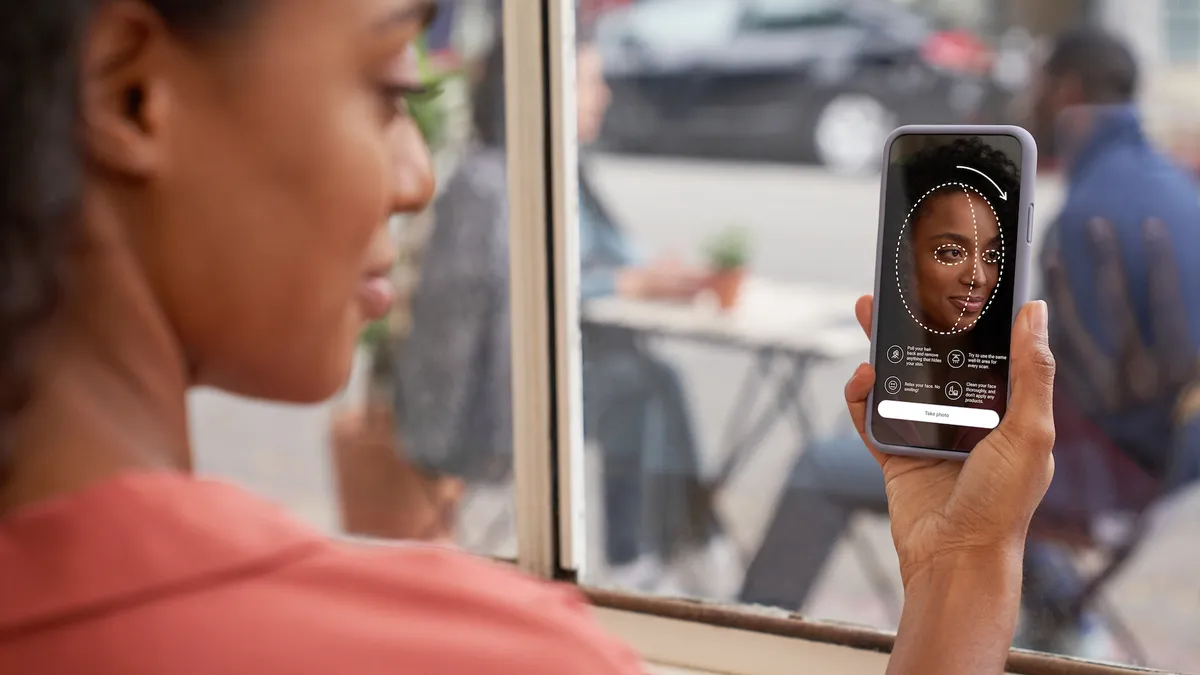Dive Brief:
- For Gen Z, diversity and inclusion is a broad idea, including things like lifestyle, culture and political thinking, according to a Feb. 18 report from Alexander Mann.
- While many think about diversity as only age, ethnicity, disability, gender, religion and sexual orientation, "the definition of diversity to the new generation of workers goes much further and incorporates other facets of a person’s makeup, their different experiences, knowledge and opinions," Jane Clark, global head of emerging talent consulting at Alexander Mann Solutions, said in a media release.
- This, Clark said, is "cognitive diversity": a mix of different perspectives, ways of thinking and information processing styles. She recommended that employers embrace such diversity not only to attract and retain talent but also because such diversity allows teams to solve problems faster, leading to more productive and creative workforces.
Dive Insight:
As Clark noted, diversity and inclusion can certainly serve as a branding tool. After all, job seekers have said they want to see a commitment to diversity. Almost two-thirds of candidates, 64%, said that diversity and inclusion is an important factor in their decision to accept a job offer in a 2018 Yello study.
But diversity also can boost innovation, research has shown. "Building a workplace in which employees have the chance to routinely meet new people and freely share their ideas can truly unleash their innovation potential," researchers concluded following a separate 2018 study. Wall Street Journal analysts found last year that the same is true for business performance.
Employers, however, say diversity and inclusion remains a top challenge for 2020. If Gen Z is bringing an expanded definition of the issue to the workplace, as the Alexander Mann survey indicated, HR may need to broaden its outlook in response.













